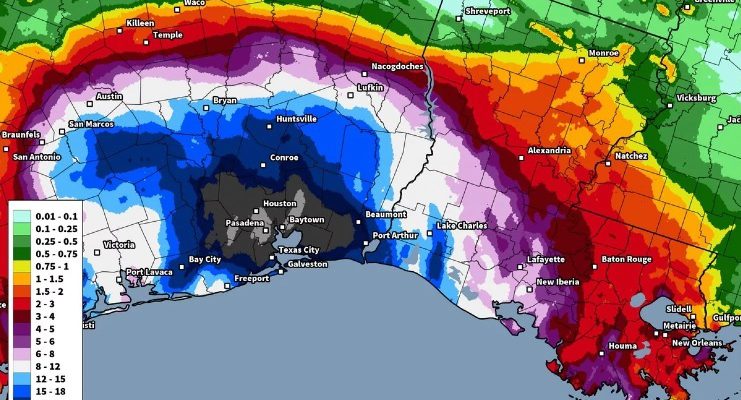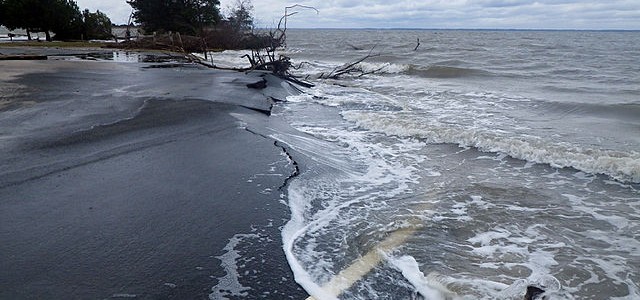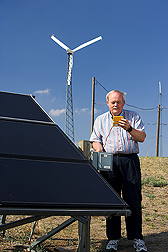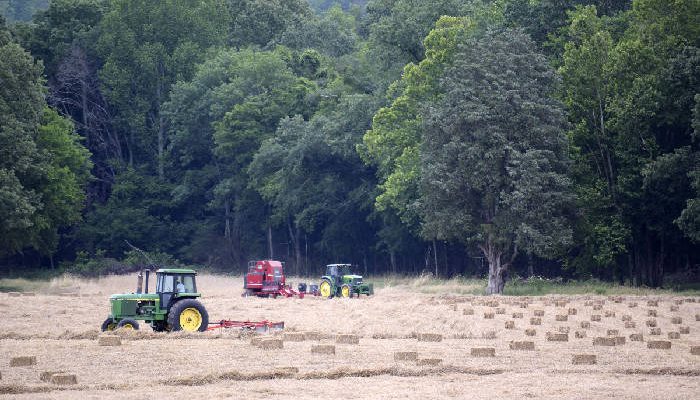Climate science
-

A recent article by Dr. Jeff Masters of Weather Underground highlights the recent high-volume rain events that have hit the US, including Hurricane Harvey in 2017, Hurricane Florence in 2018, and a rainstorm in March 2016 in Louisiana. Masters points out that these three rain events are the three highest rain volume events in US…
-

The recent NCA4 report that was released on Black Friday has elicited a lot of thought from local and regional governments. They are trying to determine how their own climates are changing and trying to determine what to do about those changes, if anything. This 20-minute story from North Carolina Public Radio discusses the changes…
-

This week’s research question from the Georgia Climate Project Roadmap asks policy-makers what steps we can take right now to implement the mitigation of climate change and to adapt to changes that are already occurring. If we can get started on some of these solutions now, it will pay off down the road in making…
-

The National Farmers Union published a short column which discusses the Agriculture chapter in the recently released National Climate Assessment 4 and what the findings mean for farmers. I think it is a pretty balanced statement of the potential costs of climate change to producers and how their economics are likely to change in the…
-

While driving home from a winter weather conference today, I heard a conservative radio host say that humans could not possibly change the climate because it is too big to be affected by us. Of course, this is silly because humans have been changing their local climates for a long time, and with the number…
-

As we count down the weeks to the winter solstice, you will notice that sunsets are coming earlier and earlier. In fact, according to EarthSky, the earliest sunsets actually come before the solstice. You can read about it and see a map which shows when your earliest sunrise comes at https://earthsky.org/earth/winter-solstice-and-late-sunrise. It won’t be long!
Posted in: Climate science -

This week’s Roadmap question from the Georgia Climate Center looks at research and policy questions about how Georgia can make reductions in the emission of greenhouse gases such as carbon dioxide and methane. While emissions need to be reduced across the globe, Georgia is a significant emitter of these gases and should be working to…
Posted in: Climate science